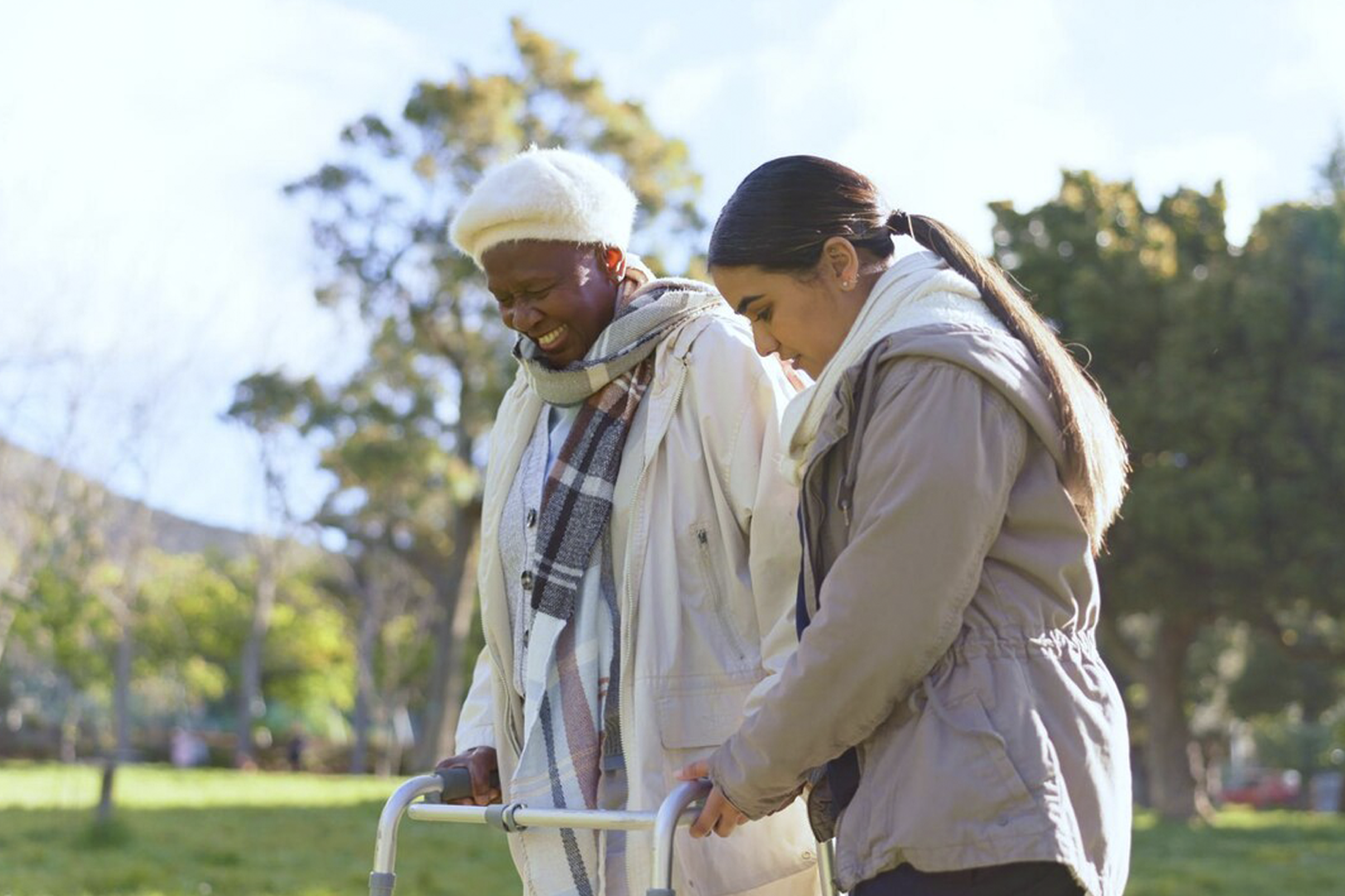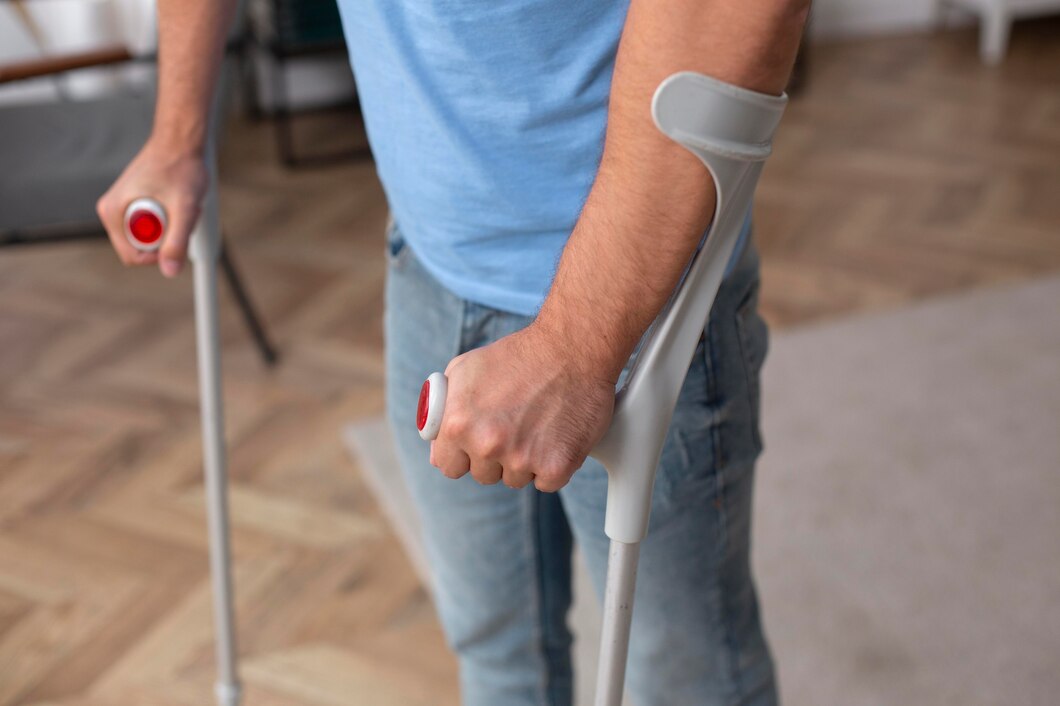Our Guidelines


Dedicated Accessibility Page
Ensure websites include complete and clear information about accessibility — from parking and entrances to interior navigation. Information should be easy to find, thorough, and updated regularly to reflect real conditions, not just compliance status.

Address All Mobility Aids, Not Just Wheelchairs
Accessibility is not one-size-fits-all. Acknowledge and provide details for people using walkers, canes, crutches, and other mobility aids — not only for wheelchair users. Many barriers affect these individuals differently and must be specifically addressed.



Go Beyond Compliance — Strive for True Accessibility
Being ADA-compliant is a baseline, not the goal. Evaluate venues and facilities with the real-world experiences of people with mobility challenges in mind. Physical improvements and thoughtful planning show a commitment to genuine inclusion, not just legal requirements. Include people using a variety of mobility aids in planning.

Understand That Visibility Reflects Accessibility
If you don’t see people with disabilities at a venue, barriers preventing their access likely exist. Proactive, honest information and thoughtful accommodations allow everyone to plan ahead, participate fully, and feel welcome.
.png)
Your Journey Shouldn't End Here.
Browse our list of accessible places and plan your next adventure with confidences.


